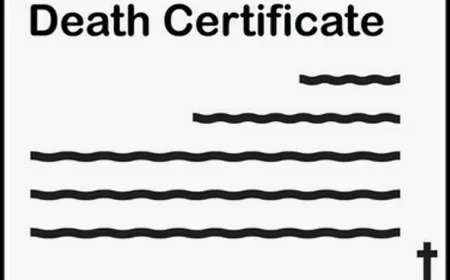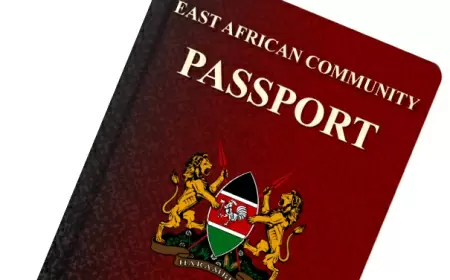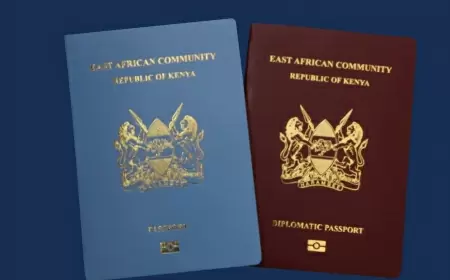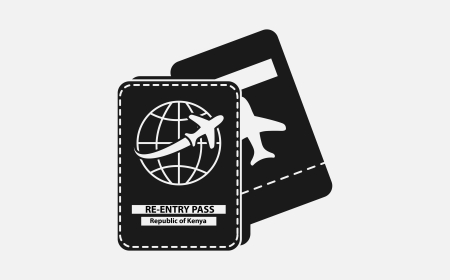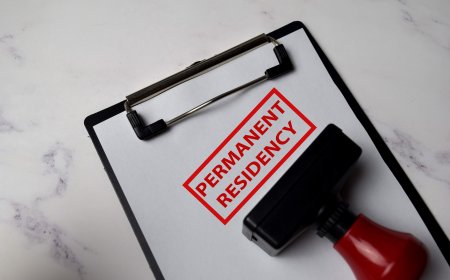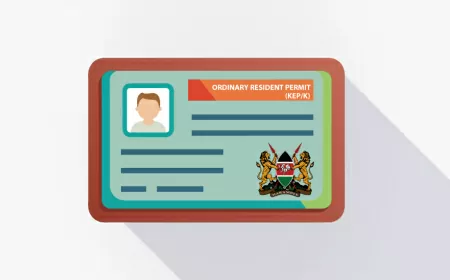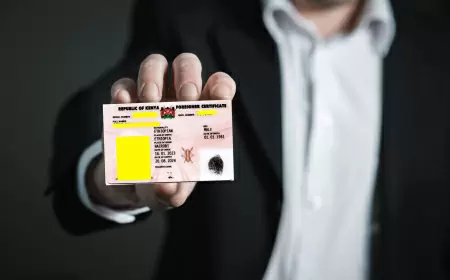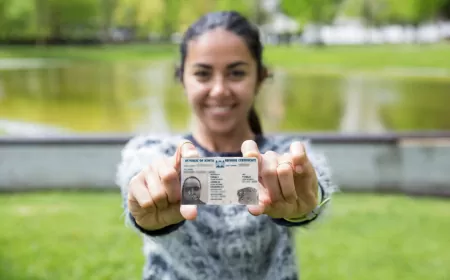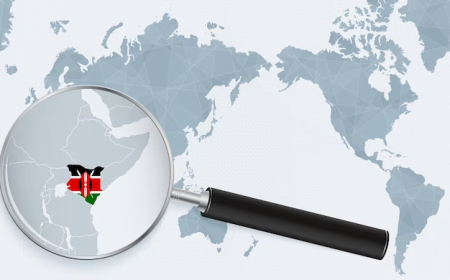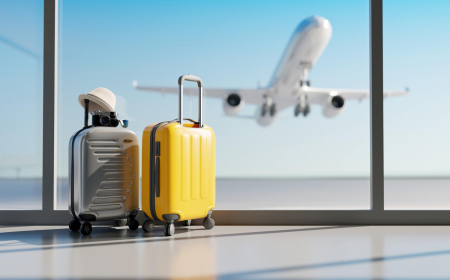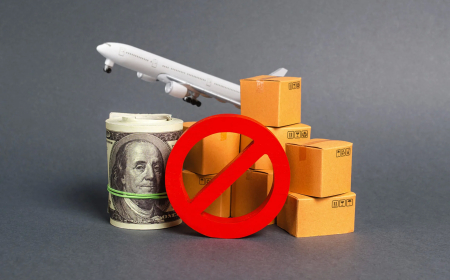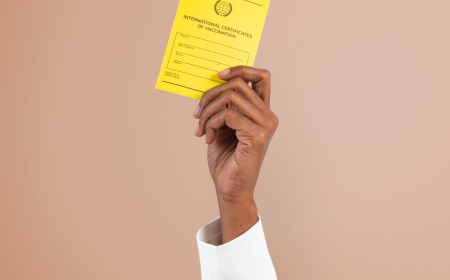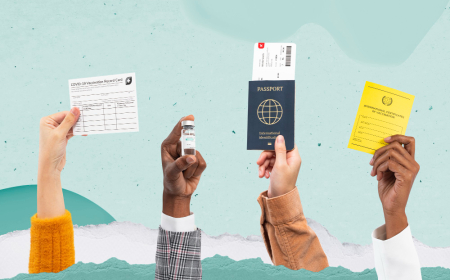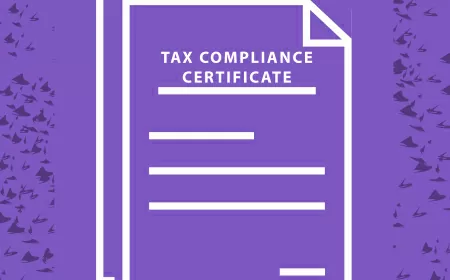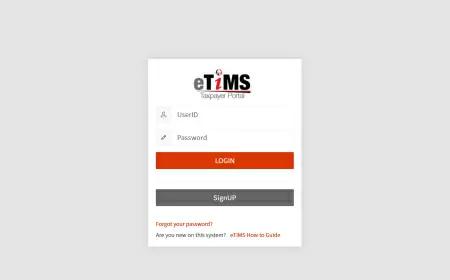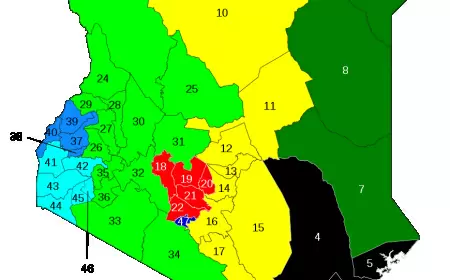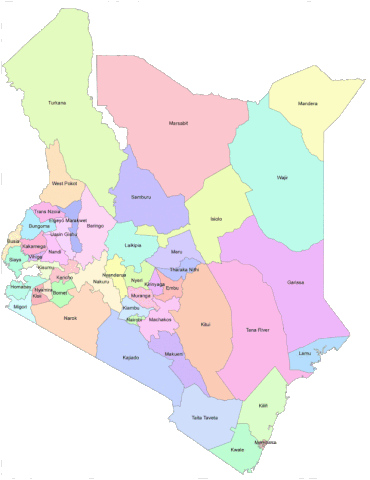Traveling with Pets
Traveling with pets can be a rewarding experience, but it also requires careful planning and preparation. In this guide, we will explore the tips, requirements, and pet-friendly regulation in Kenya to help you have a smooth and enjoyable trip with your Pet.
1. Traveling with Pets in Kenya
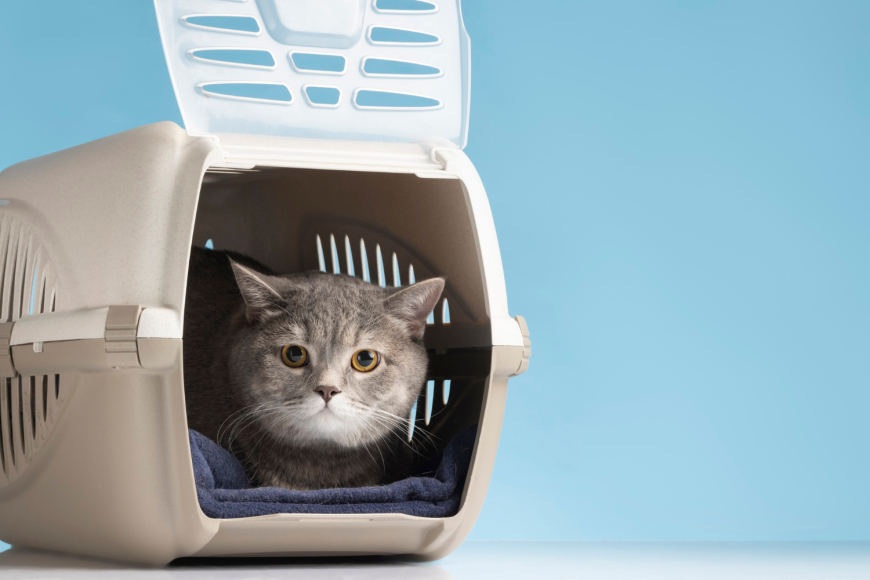
When traveling to Kenya with your pet, proper documentation and adherence to guidelines are essential. It is important to ensure that you have all the necessary paperwork in order to avoid any complications during your journey.
When booking a flight or purchasing a ticket, it is essential to inform the airline or travel agency about your intention to bring a pet on board.This will ensure you receive the necessary information regarding the specific requirements for pet transportation, such as identification documentation and vaccination records.
2. Understanding the Pet Travel Requirements in Kenya
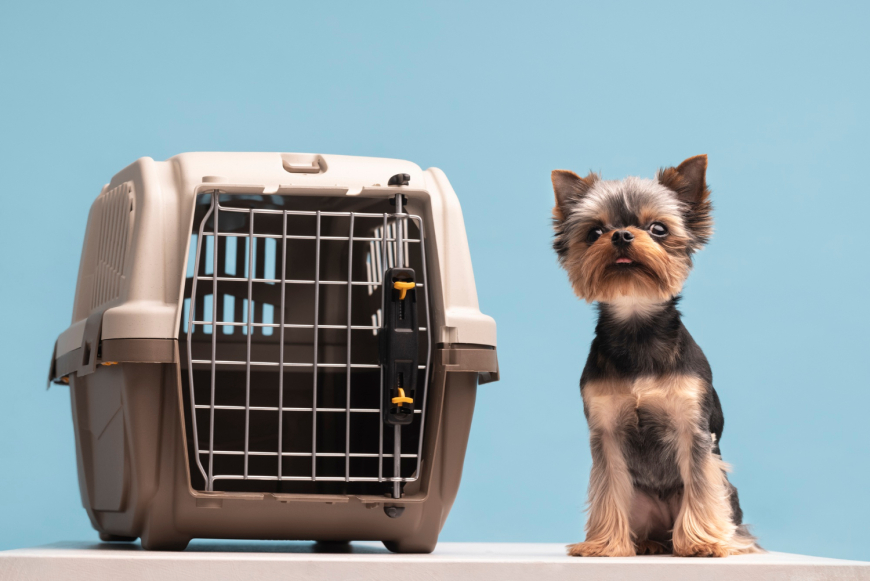
- Pet Documentation: Ensuring you have the necessary documents for your pet's travel.
- Vaccinations and Health Certificates: Understanding the required vaccinations and health certificates for pets entering or leaving Kenya.
- Import Permit: Obtaining an import permit from the Kenyan government's Department of Veterinary Services.
- Pet Microchipping: The importance of microchipping your pet for identification purposes during travel.
- Airline Regulations: Familiarizing yourself with airline policies and regulations regarding pet travel to and from Kenya.
3. Pet Travel Requirements in Kenya

When traveling with pets in Kenya, there are certain guidelines that need to be followed.
Pets in transit for less than 48 hrs do not need these certificates and guidelines, but will be kept in isolation at the owner’s expense, and can only leave Kenya by air or sea.
1. Pet Documentation
When traveling to Kenya with your pet, make sure to carry all relevant documentation with you during your journey. This includes copies of your passport, pet's health certificate, import permit, and any other required documents. It is advisable to keep these documents easily accessible for inspection at customs checkpoints or by airline staff.
2. Vaccinations and Health Certificates
- Vaccinations : When traveling to Kenya, your pet must have proof of vaccination against rabies. The vaccination should have been administered within the past 6 to 12 months, but no less than 30 days prior to the travel date.You must also obtain a letter from a government-licensed veterinarian in the country of origin. This letter should state that there is no presence of rabies in the country where your pet has been living.
- Health Certificates: A valid international health certificate is essential to ensure that your pet is up-to-date on all vaccinations and has a valid health certificate issued by a government licensed veterinarian in the country of origin. This certificate will typically include information on the pet's health status and vaccination history.
- The certificate should be dated no more than 48 hours before boarding and confirm that the pet is clinically free of symptoms of any contagious or infectious disease, as well as free from internal and external parasites.
- Import Permit: In addition to the health certificate, you will also need an import permit for your pet. This can be obtained from the Directorate of Veterinary Services in Kenya prior to your arrival. It is advisable to start this process well in advance as there may be specific timelines or additional documentation required.
- To ensure a smooth import process, it is essential to apply for an import permit, import declaration form, and clearance certificate.
- These documents vary depending on the port of entry but can easily be obtained through the Kenya National TradeNet System (KESWS), Trade Facilitation Platform (TFP) link. By taking this proactive procedures on the Kenya's Trade Information Portal , you can streamline your operations and comply with all necessary regulations efficiently.
Import Requirements Procedures
A comprehensive list of the import requirements is available in the Kenya Trade Information Portal InfoTradeKenya . Insert the following codes when making your search:
- Harmonized System (HS) Code Level 1: 01-Live animals.
- HS Code Level 2: 0106 Other Live Animals.
- HS Code Level 3: 010690 - Dogs & Cats (Mbwa).
- Pet Microchip : When traveling to Kenya with your pet, having a microchip is often mandatory. The Kenyan government requires all pets entering the country to be microchipped for identification purposes. This ensures that if your pet gets lost or separated from you during the trip, they can be easily identified and reunited with you.
- It is highly recommended to implant the pet with a 15-digit ISO microchip, as it is a requirement in most countries. The microchip number should be stated in both the vaccination booklet/certificate and on the international health certificate.
4. Airline Regulations
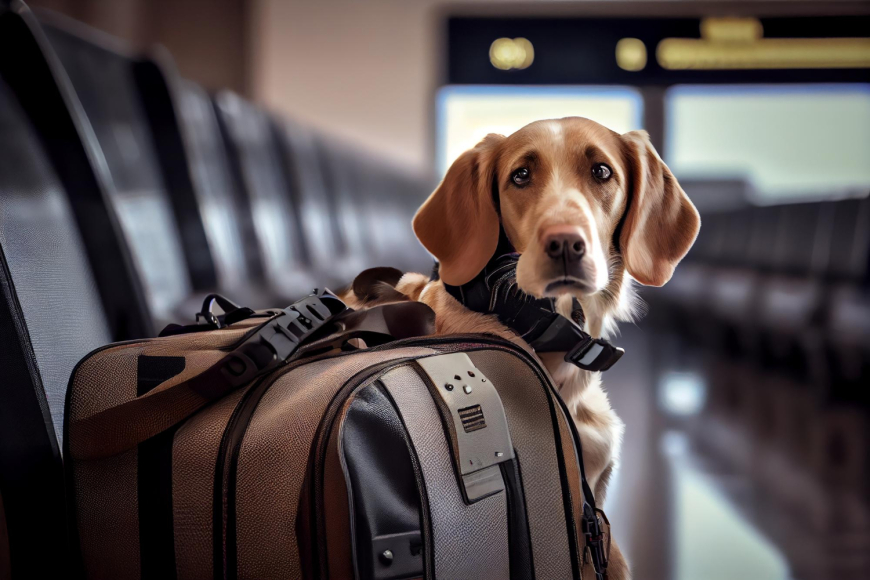
It is important to familiarize yourself with any specific guidelines or regulations set by airlines or transportation authorities regarding traveling with pets.Certain airlines may impose restrictions on the size or breed of pets permitted on board, whereas others may mandate the use of specific types of carriers or crates.
When it comes to animals traveling to Kenya, it is necessary for them to be transported as Manifest Cargo utilizing the freight compartment of the aircraft. However, in exceptional cases where it is deemed appropriate by the Veterinary authority, arrangements may be made for the animal to travel in the passenger cabin. To facilitate this, it is important to notify the Veterinary authority at least 12 hours before the animal's scheduled arrival.
- Pet Crate: During your journey, make sure your pet travels in a secure and comfortable carrier or crate that meets airline regulations. It's recommended to consult with your airline regarding their specific guidelines for traveling with pets.
- All travel with pets should be done using a pet crate that is approved by the International Air Transport Association (IATA).
- Air travel can be stressful for pets, so it is important to purchase your crate well in advance and allow your pet enough time to get acclimated to it in the comfort of your home.
- Service or Emotional Pets : For the comfort and well-being of travelers with disabilities, service or emotional support dogs are allowed in the cabin. These remarkable animals offer invaluable assistance to individuals facing challenges such as visual impairment or mental health disorders.
- If a passenger has a mental or psychiatric condition and requires an emotional support dog during travel, they may need to provide specific documentation from a licensed medical health professional who is treating them.
- It is required that the documentation be dated within 1 year and state that the emotional support dog is necessary for the passenger's mental health or treatment during air travel and/or any activities at the passenger's destination.
5. Conclusion: Traveling with Pets in Kenya Made Easy
In conclusion, traveling with pets in Kenya requires careful planning and adherence to specific requirements. However, with the right preparation, knowledge of pet vaccinations and heath certification and import procedures, along with adherence to regulations, you can have a memorable trip exploring the beautiful landscapes of Kenya alongside your beloved pet.
Was this information helpful ?








